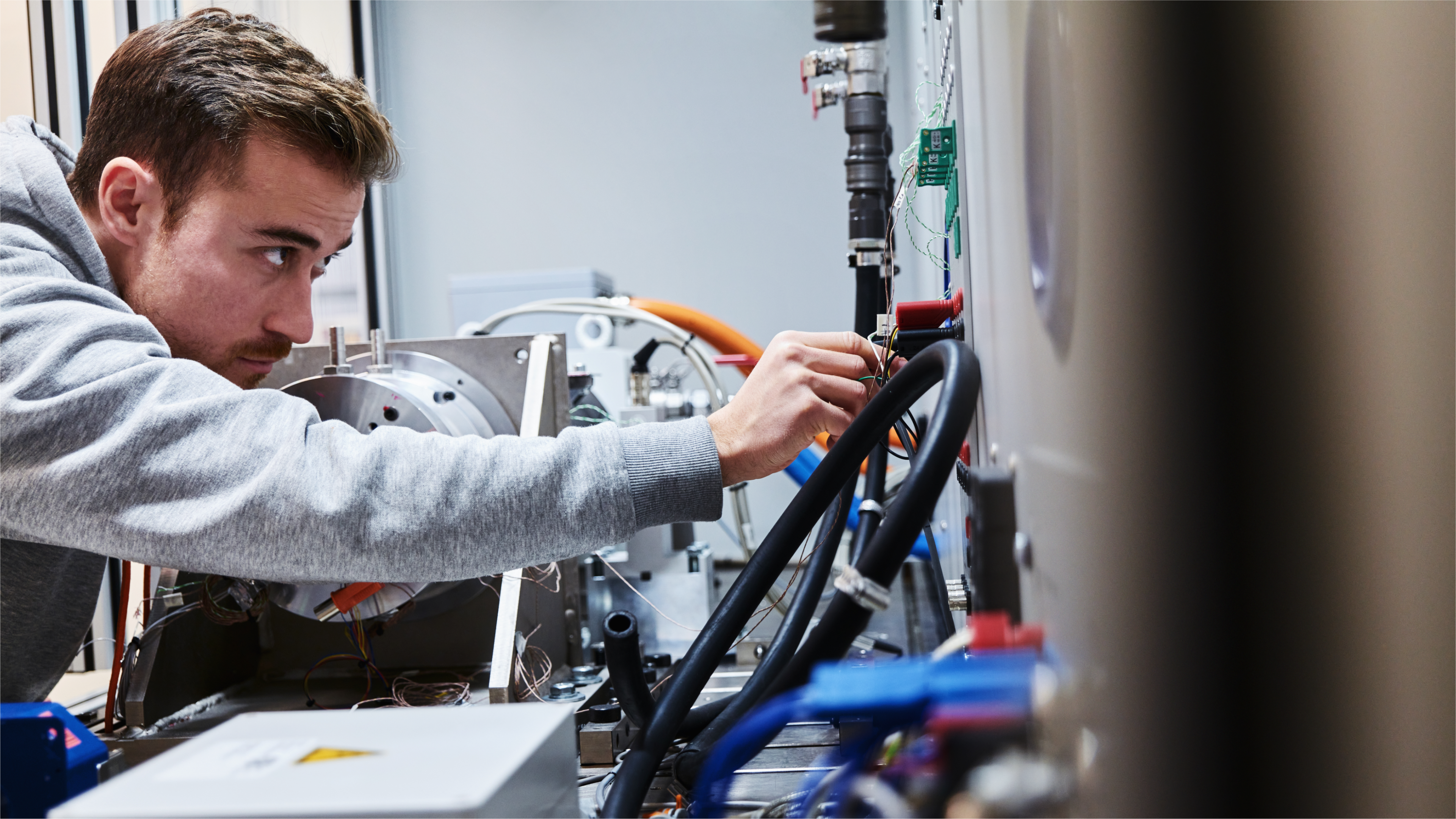Click Here to View This Page on Production Frontend
Click Here to Export Node Content
Click Here to View Printer-Friendly Version (Raw Backend)
Note: front-end display has links to styled print versions.
Content Node ID: 420102
As eVTOL aircraft developers get closer to manufacturing production versions of their vehicles, they are increasingly ordering hardware from key suppliers, in the process boosting cash flow across the emerging advanced air mobility supply chain. Evidence of this trend is provided by Astronics Corporation’s announcement this week that it is now taking orders for electrical power distribution, conversion, and vehicle charge control equipment from no fewer than 10 manufacturers.
Last year, Lilium selected Astronics to supply the power distribution system for its seven-seat eVTOL aircraft. The U.S. company is responsible for the vehicle's secondary and charging power distribution units (the SPDU and CPDU, respectively).
Astronics has not named the other nine eVTOL manufacturers now on its books for the company’s CorePower product portfolio. However, it reported that its order backlog in this sector is now valued at around $20 million for equipment to be supplied between now and when the aircraft achieve type certification and go into series production, at which point longer-term contracts are anticipated.
According to New York-based Astronics, it is supplying a wide range of electrical power management systems developed specifically for eVTOL vehicles. These cover conversion from 800 volts direct current (VDC) to 1,000 VDC converted down to 28 VDC. Power is distributed to where it is needed and the systems also guard against surges and other safety risks.
The company says it developed the hardware to be sufficiently compact and lightweight for the completely new architecture of eVTOL aircraft. The equipment provides reliable power management from the aircraft batteries to critical systems including flight controls, avionics, navigation, communications, and sensors, as well as for lighting and passenger amenities in the cabin.
Crane Will Develop Power Distribution System for Heart's ES-30 Airliner
Meanwhile, Heart Aerospace has enlisted defense supplier Crane Aerospace & Electronics to help design the electric power distribution system for its planned 30-seat hybrid-electric ES-30 aircraft. Powered by electric motors, the ES-30 is expected to have a range of about 200 kilometers (124 miles) when flying solely on battery power, during which time it will produce zero emissions. The hybrid system will serve as a range extender, allowing the aircraft to fly up to 800 kilometers (500 miles) with the help of fossil-fuel-powered turbogenerators.
Heart announced this week that it intends to integrate Crane’s high-voltage power conversion system, as well as its low-voltage control and distribution system, into the ES-30’s hybrid-electric powertrain.
Other companies seeking to help electric aircraft developers deal with power distribution and management issues include TE Connectivity and BAE Systems.
